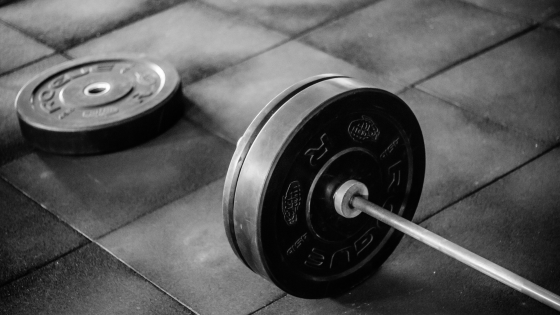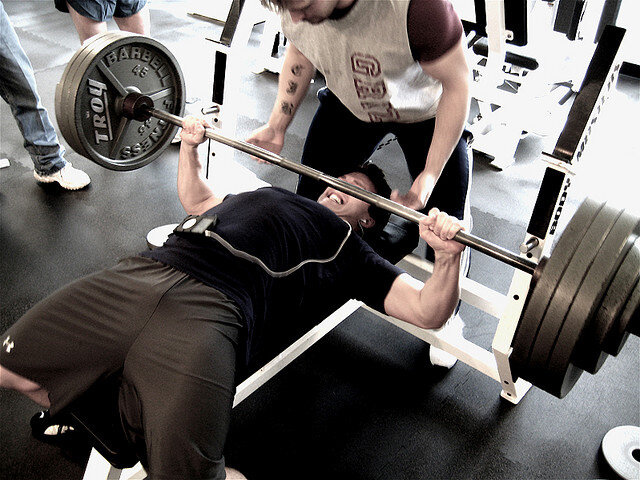

Simplicity Is King, and Muscle Confusion Is Garbage
In general, you’ll get better results from following a simpler routine more consistently, rather than constantly varying and changing your routine. Fad workout routines based around “muscle confusion” can work, but will generally provide you inferior results to simpler and more consistent routines. Serious lifting athletes rely on ideal the routines and strategies which have been developed over the years, and focus on practicing a small number of movements repeatedly, rather than constantly varying movements.

Sweat Is Not Related To Fitness Results
In most situations, sweat isn’t well correlated with the quality of your workouts or the results you’re getting. In fact, in many cases, chasing excessive sweating could result in decreased results, if you were trying to optimize for sweat alone.

The Secret to Success is Obsession
The secret to true success is that you have to truly enjoy what you’re doing - and if you do, you’ll sort out everything else along the way. If you want to succeed, finding the enjoyment in the things that you do is often more important than perfectly optimizing your approach, and will result in better results in the long run.

A Humble Proposal: Factoring Percentage of Reps Into Reps In Reserve Calculations
RPE (ratings of perceived exertion) and RIR (reps in reserve) can be useful training tools for some sports where the goal is to train to failure or near failure, but there is no catch-all number that works for all exercises. Generally, RPE is used for managing heavy efforts of weight or reps, and not for exercises where training to failure or near failure would inhibit the continuation of training like working on endurance for running a marathon. Instead of static numbers, RPE/RIR can function as a percentage of total effort to be applied to a wider range of workouts.

How Fast Should You Lift?
It’s commonly believed that slower reps produce better results, though recent research strongly contradicts this old school wisdom. While high speed reps generally produce better results, there are still some caveats and nuances to understand. Understanding these nuances will help you understand when to apply purposefully fast reps, and when it may help to slow things down a bit.
